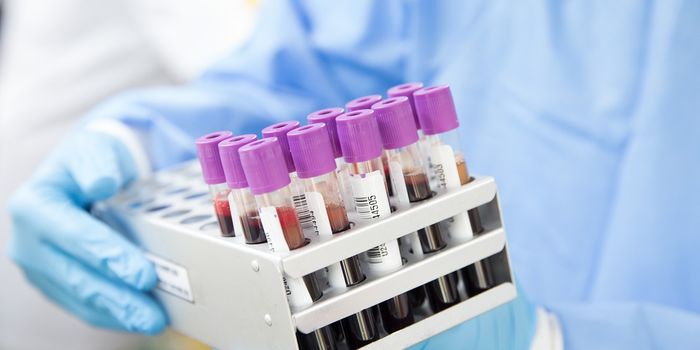Clinical Trial Overview: Eligibility
Recently we have discussed different aspects of clinical trials, including the diverse types of studies carried out by cancer researchers and the progressive phases clinical trials go through to ensure safety and efficacy. Here, we will explore our third topic in the series, clinical trial eligibility.
When doctors and researchers develop clinical trials, a critical aspect of the trial design is determining which patients to include. Thus, before a trial begins, the research team determines specific requirements that any patient enrolling in the trial must meet. Primarily, eligibility criteria exist to ensure the safety of the trial participants. Eligibility criteria vary extensively between trials and can consider specific characteristics like the patient’s age and type of cancer or how many prior treatments a patient receives.
Eligibility criteria also define the population under study and ensure that all volunteers in a trial have similarities that will allow the research team to interpret the study results accurately. The more similar the patients in a trial, the easier it becomes for doctors to link the findings to the intervention under investigation. When the patient population accrued for a study has less in common, more variables may confound the results.
Let’s put these concepts into a different context with a simplified example where a trial enrolls 100 patients, 50 aged 60 – 70 and 50 aged 30 – 40. Say 60% of the participants respond favorably to the drug under investigation, including all those in the 30 – 40 age group and ten patients in the 60 – 70 age group. In this case, the patients' age, or something common to younger adults that becomes less common as we age, could play a role in the response. Perhaps the patients in the study did not respond to the drug but instead exhibited better outcomes because of their younger age.
While this demonstration provides an example supporting the necessity of clinical trial eligibility criteria, we should note that most clinical trials have far more complex and broad-reaching requirements. In some cases, eligibility criteria could require medical testing. For example, a patient may need to have a specified number of immune cells circulating in their blood in order to enroll in a trial, thus creating a need for a blood draw and evaluation before determining eligibility.
Trials developed with highly specific or exclusive eligibility criteria can face challenges, including not identifying a significant group of patients to carry out the study. Further, rigorous eligibility requirements can make it difficult to generalize the study's findings and make it applicable to a wide range of future patients who may benefit from the intervention.
Stay tuned for more details to learn all you need to know about clinical trials!
Sources: J Clin Oncol









